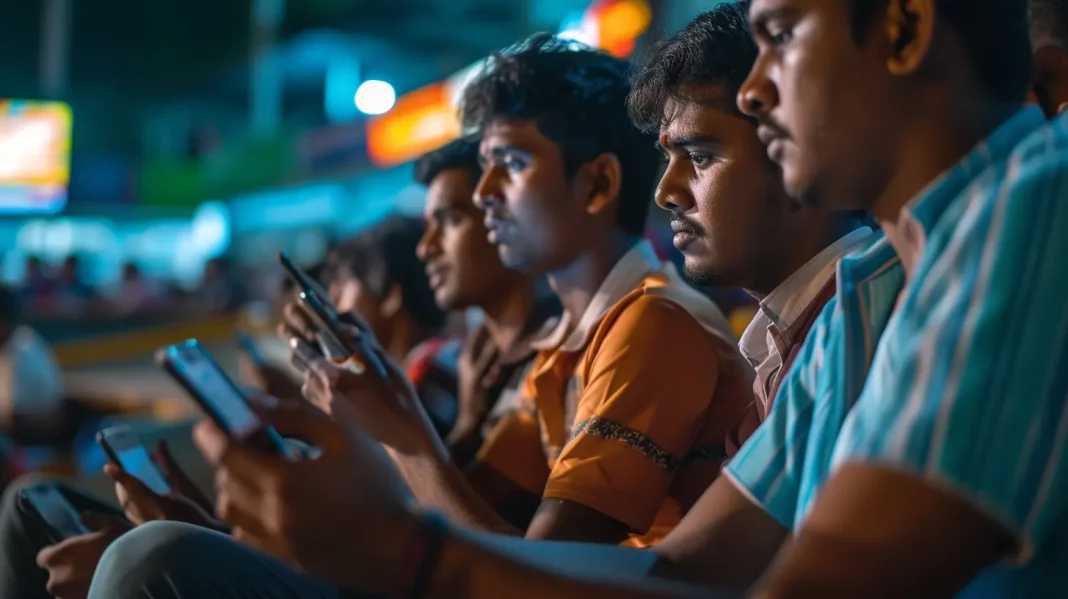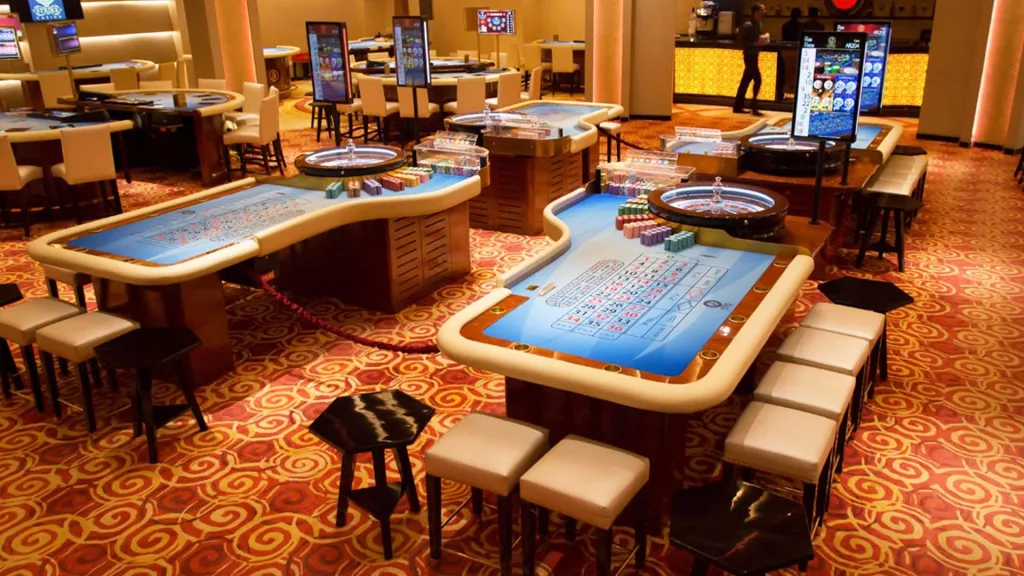
Casinos in India: Cultural Restrictions and Legalisation
India, known for its rich culture and traditions, has a complex relationship with gambling. Legislative restrictions, social norms, and cultural peculiarities create a unique landscape for the development of the casino industry. In this article, we will explore how cultural factors affect gambling in India and the prospects for its legalisation.
The History and Cultural Restrictions of Gambling in India
Gambling in India has a long history dating back to ancient times. Texts like the “Mahabharata” mention dice games, indicating the presence of gambling in ancient society. However, over time, societal attitudes have shifted. Since the colonial era, gambling has been strictly regulated, and these controls have persisted in independent India. Despite the restrictions, gambling remains popular among the population, albeit mostly operating illegally.
Traditional forms of gambling, such as dice or card games, were part of social gatherings and festivities. At the same time, the moral aspects of gambling have played a significant role in its acceptance. Over the centuries, these games acquired a dual status as both a source of entertainment and a subject of criticism.
Religious and Social Context
Religion plays a key role in shaping attitudes toward gambling. In many of the religions prevalent in India, gambling is associated with moral risks. For example, Hinduism often highlights the dangers of gambling as a path to disrupting life’s harmony. In Muslim communities, gambling is considered sinful, further influencing public perception.
Social norms also hinder the proliferation of gambling, deeming it incompatible with traditional family values. Many families believe that gambling can lead to financial problems or exacerbate social inequality. This creates additional pressure on the government in the matter of legalising gambling.
The Current Legal Framework for Gambling in India
India’s gambling legislation is fragmented. The primary law governing this sphere is the Public Gambling Act of 1867. It prohibits the organisation and visiting of casinos but does not cover online gambling, which remains in a grey area. Despite the bans, gambling continues in various forms, particularly through illegal casinos and lotteries.
Many players are shifting to online platforms, which offer unrestricted access to gambling. This poses challenges for lawmakers, as it is necessary to regulate new technologies and their societal impact. Simultaneously, laws prohibiting gambling often fail to account for local peculiarities and the needs of the population.
State Exceptions
Some states, such as Goa, Sikkim, and Daman, have enacted their own laws allowing casino operations. Goa is the most famous region where legal casinos attract both local and international tourists. Additionally, this region generates significant tax revenues from gambling, stimulating its economic growth.
Sikkim is also actively developing online gambling by issuing licences to online casino operators. This allows the state to create modern infrastructure and attract players from other regions. The success of these states could serve as a model for other regions in India considering the legalisation of gambling.

The Future of Gambling in India: Paths to Legalisation
The legalisation of gambling could be an essential step for the country’s economic development. It would facilitate job creation, increase tax revenues, and develop the tourism sector. However, it is crucial to consider cultural and social nuances to ensure an ethical approach to implementing these changes.
The economic benefits of legalisation include infrastructure development, attracting foreign investments, and creating new jobs in the entertainment sector. It could also help combat illegal casinos by ensuring transparency in the industry.
The Need for Clear Regulatory Frameworks
For the successful integration of casinos into Indian society, clear laws regulating gambling are needed. It is important to consider ethical aspects, ensure financial transparency, and implement programmes supporting responsible gambling. Such measures will help reduce social risks and build trust in the gambling industry.
India stands at a crossroads between preserving cultural traditions and striving for economic development through the legalisation of gambling. A careful balance between these aspects will be the key to the successful future of gambling in the country. Promoting responsible gambling and process transparency could create favourable conditions for the industry’s growth.
